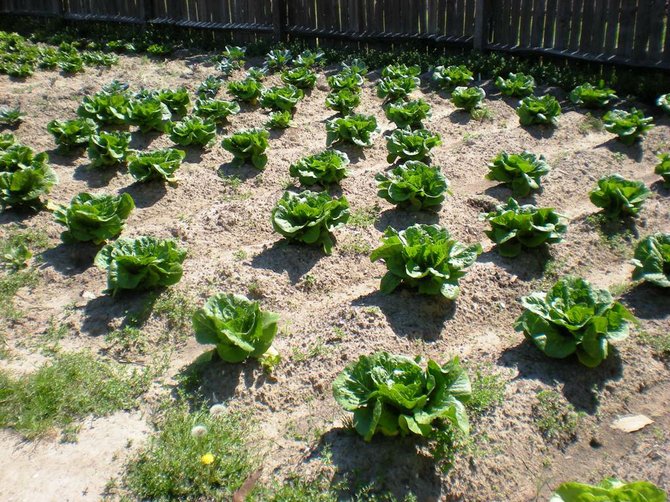If we want nutritious food, then we must pay attention to the labels on the packaging—even ostensibly healthful fruit and vegetables. Photo by File Photo
Healthy and nutritious food: sort of goes together, doesn't it? Like soup and sandwiches.
Mississippi leads the nation in obesity. Yet, how strange it is that we don't know if our food is safe, much less actually nutritious, or if the food we put into our bodies is even good for us.
If we want nutritious food, then we must pay attention to the labels on the packaging—even ostensibly healthful fruit and vegetables. We should know whether they have been sprayed with poisons, what kinds and how much.
Buying organic should be a given if you want safe, healthy, nutritious, poison-free food. Better than that is buying local organic food. But even that's not enough to ensure good health. Only so much food is organic, only so much is local, only so much is unprocessed.
What you put into your body has enormous impacts on your health. Environmental factors can play a large role--beyond your body and even your lifetime. Earlier this year, a report by Georgetown Lombardi Comprehensive Cancer Center concluded that the toxins your great grandmother encountered in pregnancy can increase the risk for breast cancer.
But just as unhealthy food and toxins can cause cancer and other diseases, so healthful food--especially local and organic--can have positive health effects. In fact, according to the World Cancer Research Fund, one-third of cancers in West could be prevented through nutrition.
We should consider "good food equals good health," particularly regarding cancer, as part of a bedrock understanding of food. Proponents have promoted vegetarian diets as the healthiest form of nutrition for hundreds of years; Benjamin Franklin was a proponent of a meat-free diet. However, since the 1950s and the development of the U.S. Department of Agriculture's "Food Pyramid," America's diet change to put meat squarely in the center.
This happened to coincide with the rise of industrial agriculture, including harmful chemicals used to produce vegetable foods and animals as industrial "inputs," herded into confined animal feeding operations (CAFOs). This industrialization of farming, and the subsequent promotion of fatty foods, incidentally, also coincides with the higher incidence of cancer and other food-related illnesses. For more information see Livestrong.com.
As nutritionists will tell, meat alone is not the culprit for food-related ill health, but careful selection of food can lead to greater health.
Jackson is lucky this month to have a panel of experts speak on the role of food selection as well as other practices in good health, specifically regarding cancer, at the "We Are The Cure Cancer Prevention Conference" Aug. 25 at the Russell C. Davis Planetarium (201 E. Pascagoula St., 601-960-1550) in downtown Jackson. Rainbow Whole Foods Natural Grocery sponsors the conference, along with Pathways to Wellness LLC and Thermography Advantage.
The conference starts at 2 p.m., and admission is $20. Featured are five physicians who will address cancer prevention strategies--including complementary medicine therapies that can support conventional therapies. For more information and to register, visit mscancerprevention.com.


